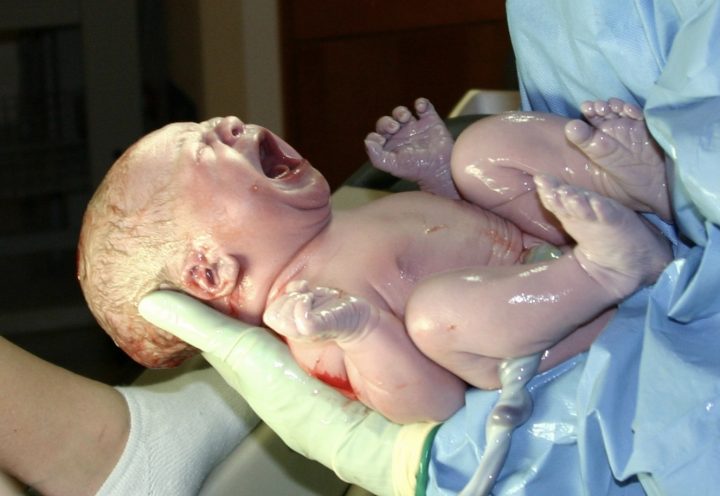Science Daily reports “New study, published in BMJ Open, links a rise in infant mortality in England to poverty.”
The research was carried out because “Infant mortality rate (IMR) has risen for the last four years in England, yet the role of increasing levels of child poverty in explaining these trends has been unclear… Given the urgent need to understand this extremely concerning trend in England researchers from the University of Liverpool, University of Leeds and Newcastle University conducted an analysis of trends in infant mortality in English local authorities over a 17-year period, 2000-2017 with the aim of providing an explanation for this rise.”
“…The researchers found that sustained and unprecedented rise in infant mortality in England from 2014-2017 was not experienced evenly across the population. In the most deprived local authorities, the previously declining trend in infant mortality reversed and mortality rose, leading to an additional 24 infant deaths per 100,000 live births per year, relative to the previous trend.
“There was no significant change from the pre-existing trend in the most affluent local authorities. As a result, inequalities in infant mortality increased, with the gap between the most and the least deprived local authority areas widening by 52 deaths per 100,000 births. Overall from 2014-2017, there were a total of 572 excess infant deaths compared to what would have been expected based on historical trends. The researchers estimate that each 1% increase in child poverty was significantly associated with an extra 5.8 infant deaths per 100,000 live births.
“The findings suggest that about a third of the increases in infant mortality between 2014 and 2017 may be attributed to rising child poverty, equivalent to an extra 172 infant deaths.
”Professor David Taylor-Robinson, the lead author on the research, University of Liverpool, said: “This study provides evidence that the unprecedented rise in infant mortality disproportionately affected the poorest areas of the country, leaving the more affluent areas unaffected.”
The fact that infant deaths are linked to poverty is not surprising. What is important in this research is that it follows the actual increase in specific areas whilst the most affluent ones remain unaffected.
Pressenza reported last year that “The UK government has inflicted “great misery” on its people with “punitive, mean-spirited, and often callous” austerity policies driven by a political desire to undertake social re-engineering rather than economic necessity, the United Nations poverty envoy has found.
“Philip Alston, the UN’s rapporteur on extreme poverty and human rights, ended a two-week fact-finding mission to the UK with a stinging declaration that levels of child poverty were “not just a disgrace, but a social calamity and an economic disaster”, even though the UK is the world’s fifth largest economy” He concluded “in the UK “poverty is a political choice”. The Guardian
The effects on infant mortality are the tip of the iceberg in terms of the consequences of the draconian austerity imposed through neoliberal policies on the UK population whilst the better off continue to increase their wealth.
The success in scapegoating groups and institutions that are unrelated to the imposed trends (immigrants, Europe) speak of a media at the service of the financial powers that design the policies. It is not a matter of being more comfortable or enjoying better consumer goods, we can see clearly that austerity, the favourite child of neoliberalism, kills children. Other studies also show that it affects life expectancy.
Unfortunately at the time of elections information gets manipulated to make all kinds of promises that prove to be fake. Circulating widely verifiable and clear information is now more important than ever.






